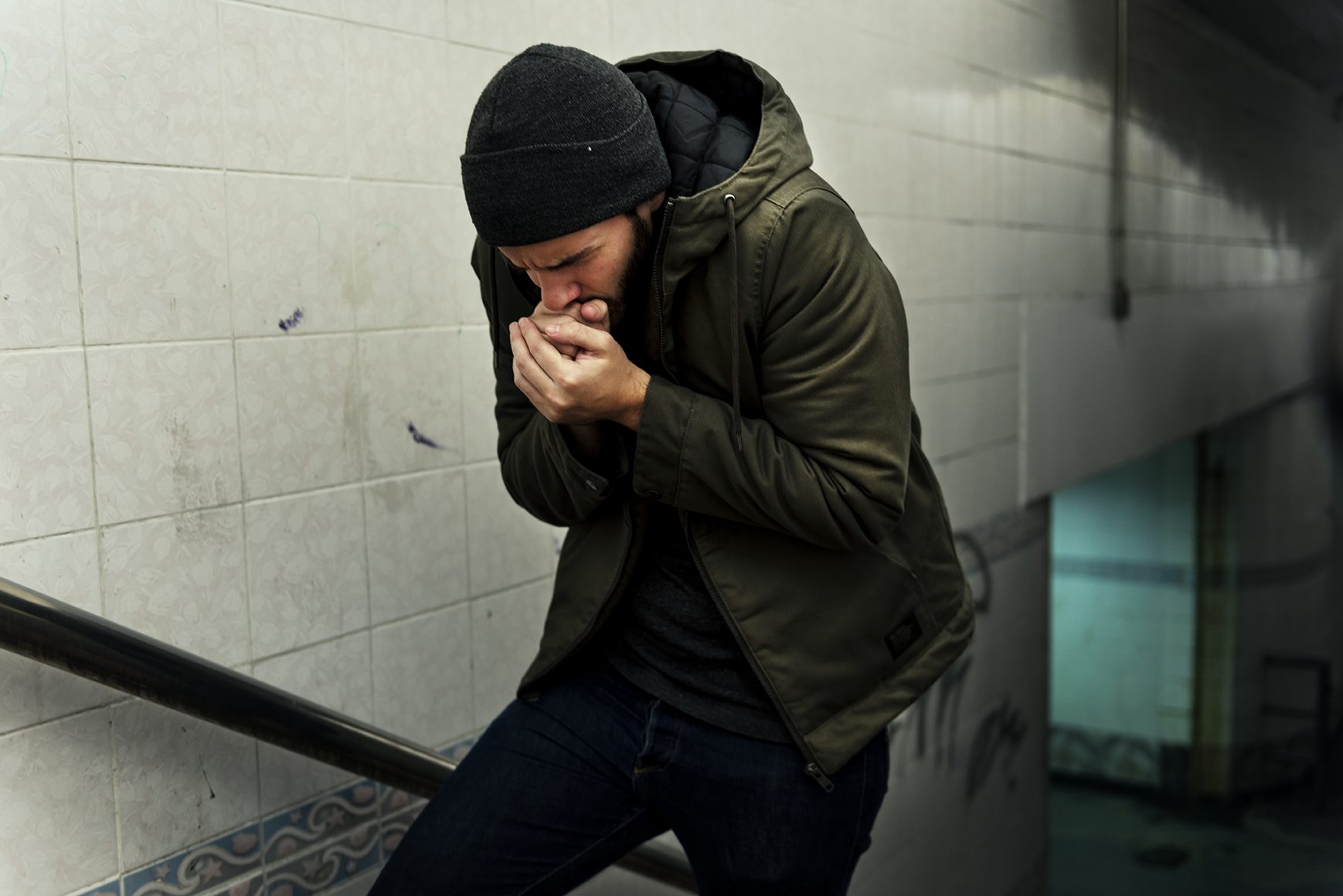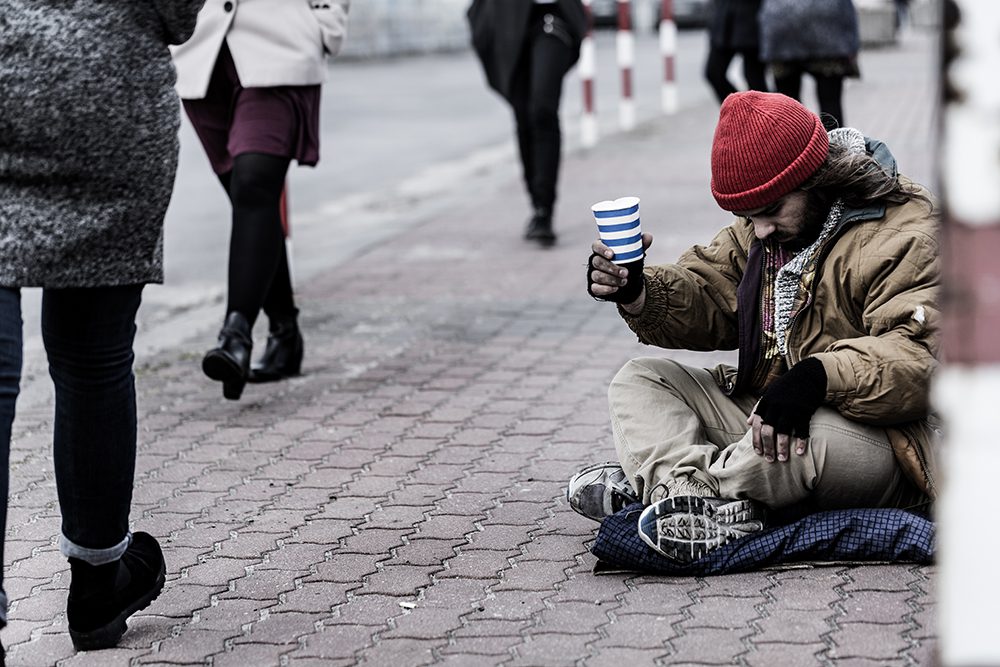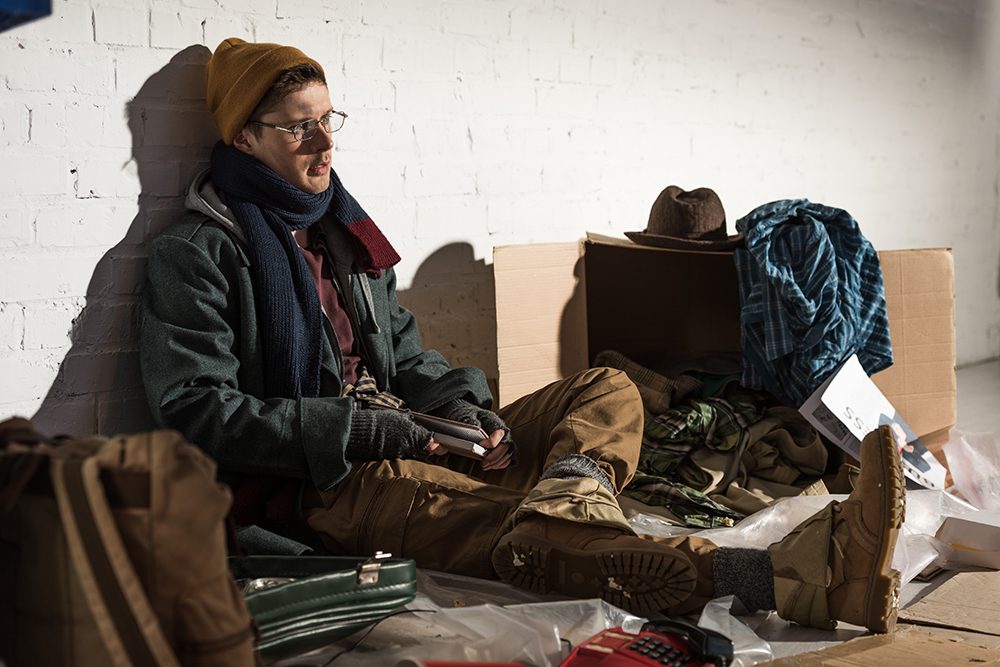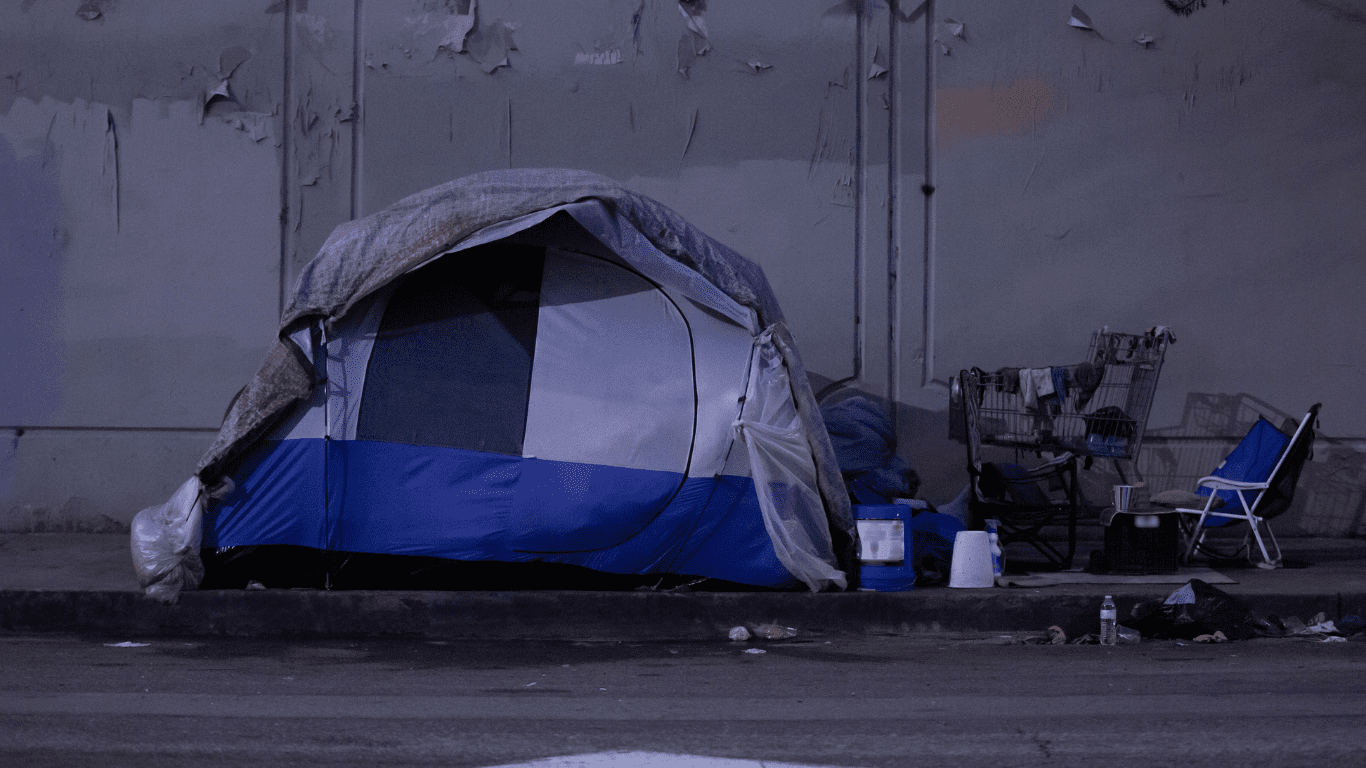Veteran women face some unique challenges in and after the military such as higher rates of bias, harassment, and assault than civilian women during service. While many people experience unwanted sexual contact in the military, women are 6.9% more likely to experience it than male service members. Women veterans are also more likely to be single parents than male veterans.
Women veterans face homelessness in much bigger numbers than men, too. Below, we’ll look at some recent research to understand female veteran homelessness and what the VA is doing to help.
Female veteran homelessness: Facts and figures
Women veterans are 4 times more likely to become homeless than male veterans.
A recent article published by the VA shows that veteran women comprise the fastest-growing segment of the population of veterans experiencing homelessness. According to the VA, there will be up to 40,000 women who identify as homeless in the United States by 2025.
This is quite startling, considering that a study conducted by the U.S. Department of Housing and Urban Development in 2017 reported roughly 4,000 women veterans experiencing homelessness. If these predictions are proven accurate, this would reflect a 10% increase in female veteran homelessness in just eight years.
Why are women veterans more likely to face homelessness?
While there is no clearly defined reason to explain why female veteran homelessness rates are so high, one qualitative study identified several contributing factors. These were: traumatic experiences across the life span, entering the military to escape circumstances, racism, gender-related discrimination and sexism, and difficulty transitioning from military to veteran status. We believe that access to care is an additional contributing factor as less than 10% of women veterans use the VA’s healthcare services as reported by The New York Times.
While the VA is a wonderful resource that offers benefits to address all the contributing factors listed above, some women report that they feel uncomfortable in the male-dominated environment of a VA hospital. The VA itself has acknowledged this and taken measures to make women feel safer and more welcome in its facilities, including its End Harassment Campaign, launched in 2017. The agency also maintains a zero-tolerance policy for harassment.
What can be done to house more women veterans?
Solving the homelessness problem among women veterans requires that women veterans receive the treatment they need for all the factors contributing to this issue. Encouraging women to seek treatment at the VA can help us to ensure that they receive the physical and mental healthcare they deserve as well as access to VA housing and vocational rehabilitation programs and placement into jobs that will allow them to support themselves and live independently through vocational rehabilitation programs.
However, doing so requires the VA healthcare system to be a place where women are comfortable and feel safe. One study by the VA found that up to 25% of women who use VA healthcare experienced harassment such as catcalls, derogatory comments, denigration of their service, and questioning their right to receive VA care. The VA’s End Harassment Campaign is a good start, but we must continue to acknowledge this behavior and address it when we see it in order to provide the best treatment for the women in our community. In addition to education and taking action when we see this type of behavior, this also means hiring more women doctors to work at VA facilities and continuing to instate programs that prevent bias or harassment in VA facilities. Whatever it takes, we must start now and not stop until every female veteran can receive the benefits they earned in a safe and welcoming environment.
Valor Healthcare is dedicated to helping end veteran homelessness
We are a veteran-founded healthcare organization that aims to provide whole healthcare services to veterans and other patriots. We are the largest contracted provider of outpatient healthcare services for veterans and take pride in delivering world-class services. We were one of the first community-based outpatient clinics to be accredited for ambulatory care by the Joint Commission and continue to focus on quality across all our lines of business.
Valor Healthcare is a team made up of veterans and leading clinicians. We are passionate about making resources available to those who have served our country. Valor was first established in 2004, when an Army veteran and a Navy veteran joined together to create something they both believed in — good-quality outpatient care for veterans.
Interested in the types of services a veteran-focused health consultant company can provide? We specialize in each of the following:
- Outpatient clinic operations.
- Occupational health.
- Behavioral health.
- Population health.
- Value-added services.
Would you benefit from vocational rehabilitation or any of the services listed above? Don’t hesitate to reach out to our team for guidance. Valor Healthcare partners with public and private medical clinics to bring high-quality healthcare to American veterans. Partner with us to give your patients access to data-driven, 21st-century care.





